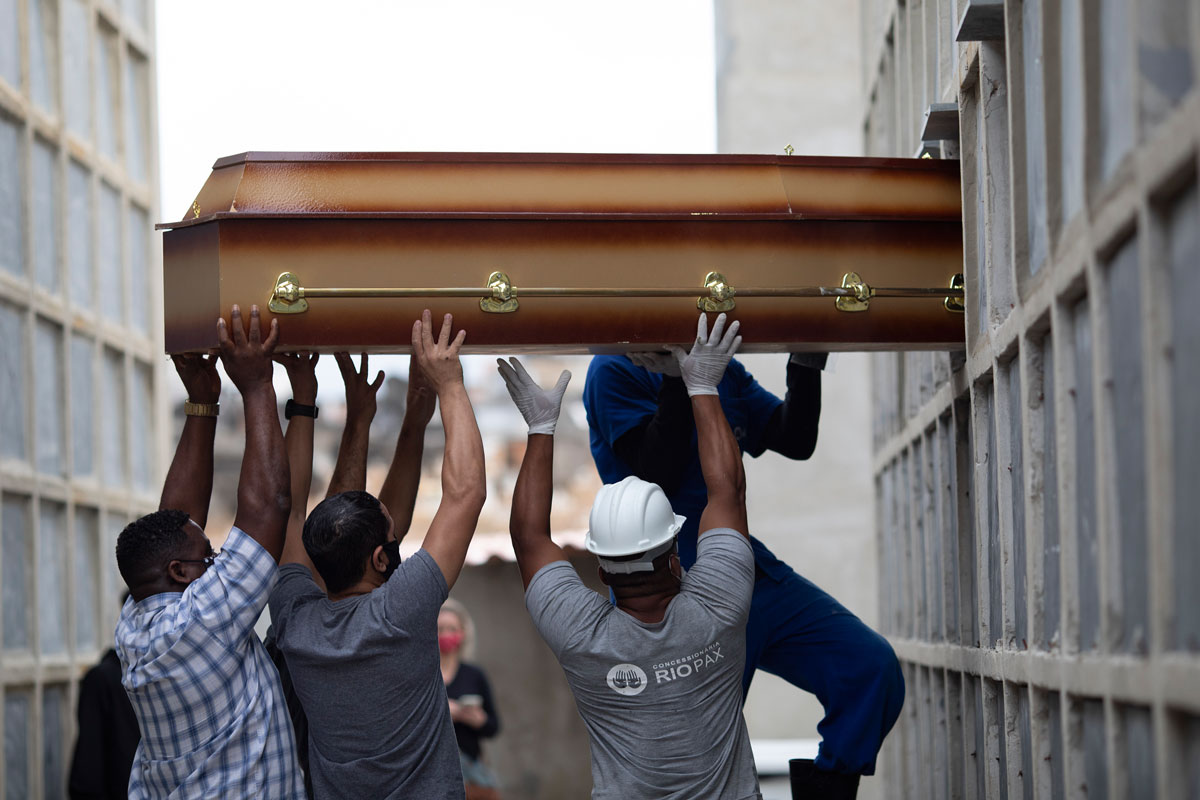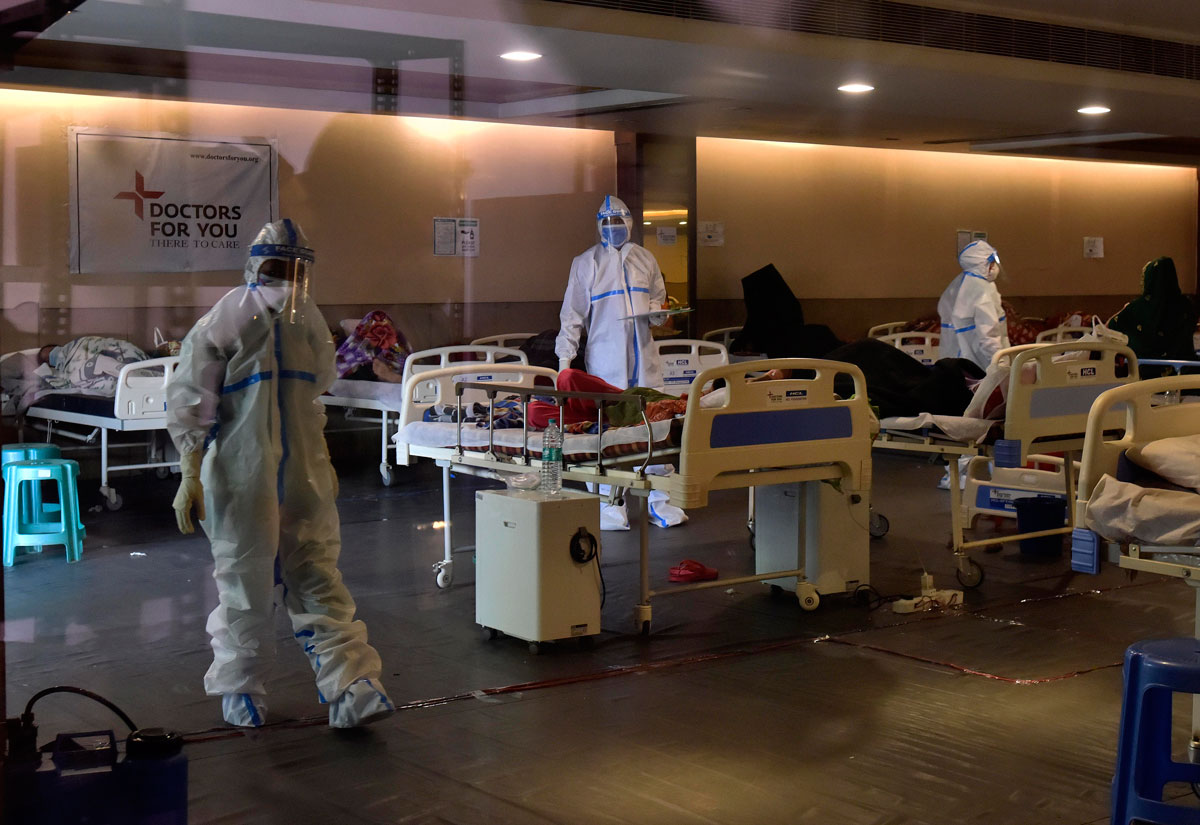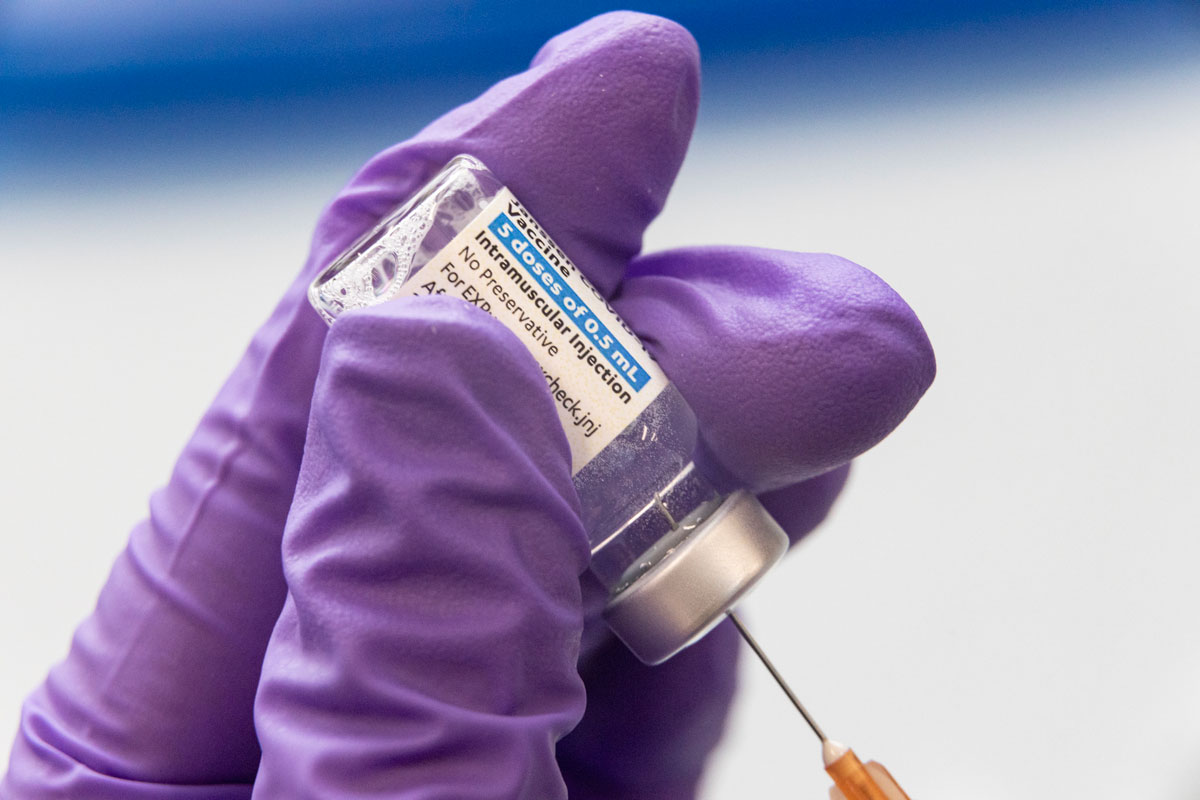
Brazil is reporting some of the world's highest new cases per day -- and the country may be headed for even worse times thanks to a combination of political chaos and inaction, a team of public health experts said on Wednesday.
“In Brazil, the federal response has been a dangerous combination of inaction and wrongdoing, including the promotion of chloroquine as treatment despite a lack of evidence,” wrote the team in their report, published in the journal Science.
The report was led by Marcia Castro of the Harvard T. H. Chan School of Public Health, experts at the University of São Paulo and elsewhere.
“In Rio de Janeiro, political chaos compromised a prompt and effective response. Leaders were immersed in corruption accusations, the governor was removed from office and faced an impeachment trial, and the Secretary of Health was changed three times between May and September, one of whom was arrested,” they added.
Brazil is second only to the US in terms of Covid-19 deaths, with 361,884 fatalities and nearly 13.7 million cases, according to Johns Hopkins University.
Inequity and poor management: The researchers argued that "prompt and equitable" responses from the federal government could have helped contain the outbreak and protect the most vulnerable -- but leaders have failed, and are still failing, to do so.
In the city of Manaus, a spike in severe cases led to hospital systems collapsing, with a shortage of oxygen for patients.
“Without immediate action, this could be a preview of what is yet to happen in other localities in Brazil," the team warned. Unless the government took immediate action, conducted epidemiological and genomic surveillance measures, and stepped up vaccinations, the spread of variants will likely lead to "unimaginable loss of lives.”





